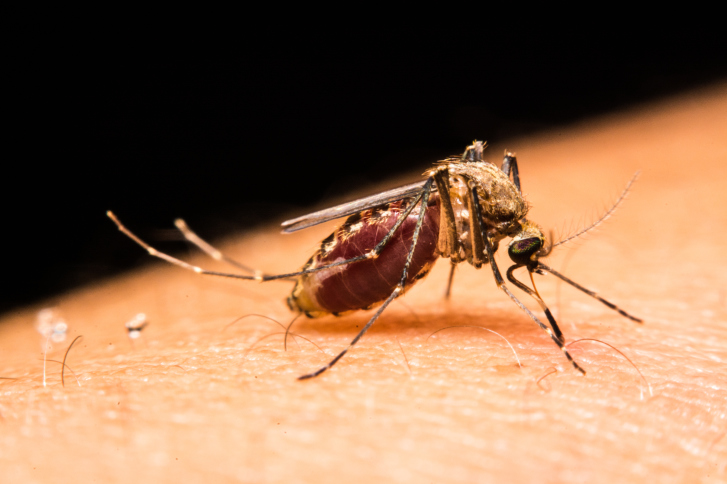
Brazilian health officials are giving one key piece of health advice that might save a generation: Please do NOT get pregnant.
The message is for would-be parents, especially in the country's northeast, after officials have discovered and linked a mosquito-borne virus called Zika to a surge in newborn microcephaly, a neurological disorder that can result in incomplete brain development.
Microcephaly results in babies being born with abnormally small heads that cause, often serious, developmental issues and sometimes early death.
"...if families can put off their pregnancy plans, that's what we're recommending," Angela Rocha, the pediatric infectologist at Oswaldo Cruz Hospital in Brazil's hardest-hit state, told CNN.
More than 2,400 suspected cases of microcephaly have been reported this year in 20 Brazilian states--a huge jump in numbers compared to only 147 cases last year. Doctors are investigating 29 related infant deaths.
As a result, six states have declared a state of emergency. In Pernambuco state alone, more than 900 cases have been reported.
"These are newborns who will require special attention their entire lives. It's an emotional stress that just can't be imagined," Rocha said. "Here in Pernambuco, we're talking about a generation of babies that's going to be affected."
When the number of cases of microcephaly started to drastically increase last month, doctors noticed that they coincided with the appearance of the Zika virus in Brazil. They soon discovered that most of the affected mothers reported having Zika-like symptoms during early pregnancy -- mild fever, rash and headaches.
MUST READ: The Top 4 Reasons You Are Mosquito Bait
On November 28, Brazil's Health Ministry announced that during an autopsy it had found the Zika virus in a baby born with microcephaly, establishing a link between the two.
"This is an unprecedented situation, unprecedented in world scientific research," the ministry said on its website.
Research continues to determine if Zika actually causes microcephaly and further establish an association.
Initially concentrated in northeastern Brazil, many cases of microcephaly have now been detected in Rio de Janeiro and Sao Paulo to the south, fueling fears across the country.
Zika: Where Can It Travel To?
Zika fever was first discovered in Uganda in the 1940s and has since become endemic in parts of Africa. It also spread to the South Pacific and areas of Asia, and most recently to Latin America.
It was detected in Brazil early this year. Some doctors believe tourists from Asia or the South Pacific introduced it during the 2014 World Cup.
There are concerns it could continue to spread north, but at this point, the virus is known to be transmitted by the Aedes aegypti mosquito, which thrives in tropical climates. In the United States that type of mosquito is only found in small numbers in Texas, Florida and Hawaii.
Aedes aegypti is the same mosquito responsible for the spread of yellow fever, dengue and chikungunya.
Zika is hard to detect, and there often aren't any symptoms. Brazil's Health Ministry says there have been anywhere between a half million and 1.5 million cases in the country in the latest outbreak.
Both the World Health Organization and the Pan American Health Organization have issued alerts in relation to the outbreak of Zika in Brazil and other countries in Latin America.
Federal and local governments have ramped up efforts to combat the Aedes aegypti mosquito and encouraged people -- especially pregnant women, to lather on insect repellant and stay indoors.
Brazil has been struggling to contain the virus for months through both public education campaigns, which urge...... residents to use insect repelant and limit their time outdoors -- as well as by sending mosquito eradication teams house to house to treat places where aedes aegypti mosquito that carries the virus might breed. The health ministry said it was sending truckloads of larvicide -- enough to treat 3,560 Olympic-sized swimming pools -- to northeastern and southeastern states that have been most affected and that it would add 266,000 new community health agents to make the house calls.
In Rio de Janeiro, the host city for the 2016 Olympics, officials said they have already made more than 9 million house visits to eradicate the stagnant pools used as a breeding ground for mosquitoes and are monitoring 391 pregnant women who are suspected of having Zika infections.








